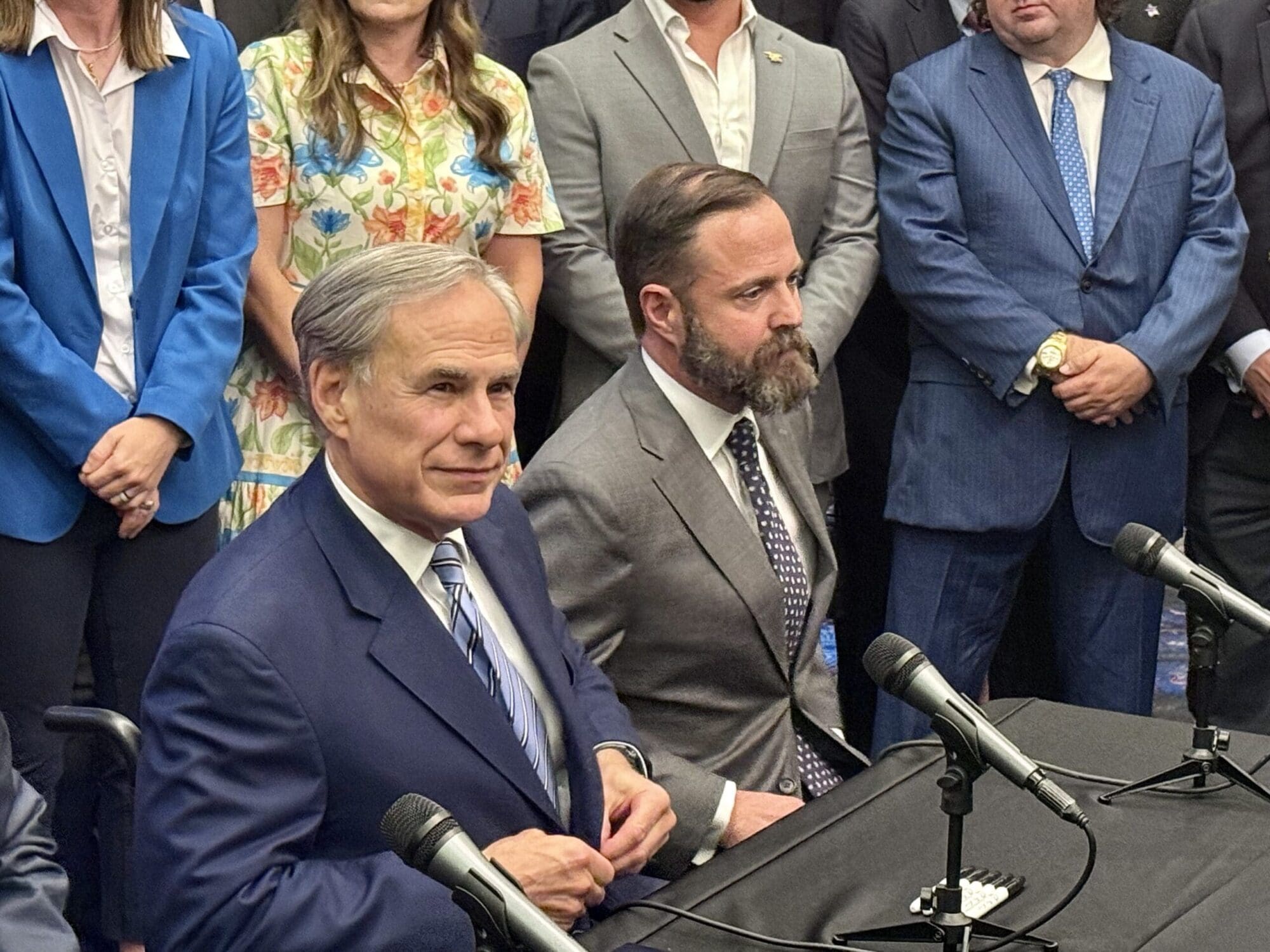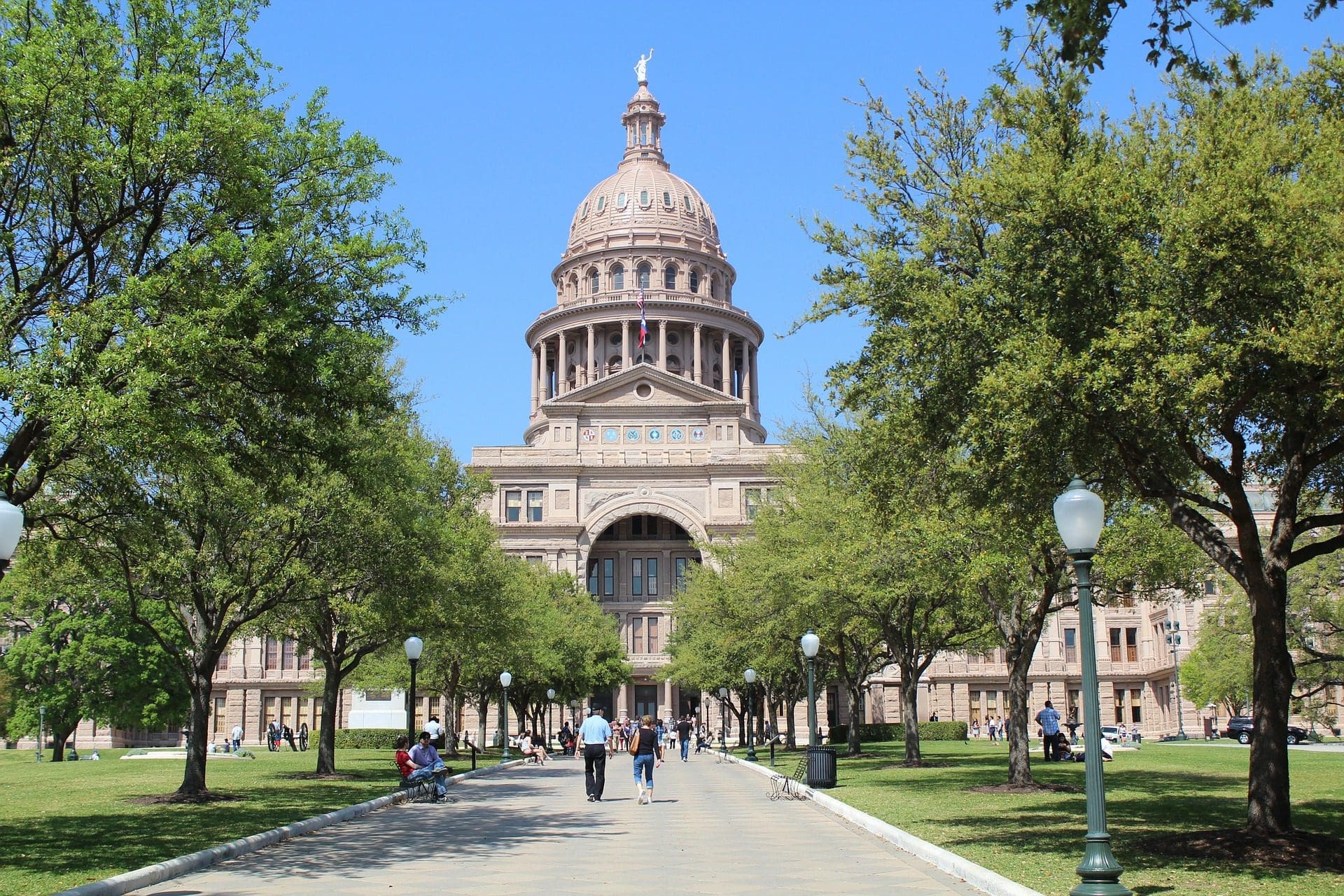By mislabeling restrictions on government lobbying as a “gag order,” the Texas Municipal League is desperately trying to defend its gig as the anti-taxpayer lobbyists in Austin. Their opposition is specifically targeted at Rep. Matt Shaheen’s (R-Plano) HB 1257, which aims to level the playing field between government interest groups and taxpayers.
But TML’s claims are disingenuous, as they purposely misrepresent the affect of Shaheen’s reform to smear its credibility. A recent letter from the group claims the measure would “[place] a gag order on the ability of city officials to communicate with legislators.”
Such an allegation is demonstrably false.
The law would not ban local officials or their taxpayer funded bureaucrats from communicating with legislators. It would only prevent local politicians from hiring expensive private lobbyist firms or third-party associations such as TML or TAC to lobby legislators.
TML’s letter laments the alleged adverse affect on cities, claiming the reform “would be a dream come true for the legion of Austin lobbyists who would love to have their side of an issue and their version of the facts go unchallenged by knowledgeable representatives of Texas cities. Even better, their special interest provisions in hundreds of bills could slip through the process unnoticed.”
Welcome to the club, politicians. The disadvantage TML describes is precisely what average Texans face—it’s also made worse by the status quo TML defends.
Without a well-funded lobbyist in the mix, private citizens are competing with private lobbyists, corporations, associations and yes, the taxpayer-funded government establishment such as TASB, TML and TAC. HB 1257 would empower citizens by limiting the power of local politicians and their government lobbyists.
It’s almost laughable that TML is whining how terrible it would be if local politicians were actually on a level playing field with Texans. It’s clear they don’t share the same sympathy for taxpayers, just the “part-time” politicians funding their salaries.
Lobbyists representing governments are distinctly different that private associations. Private entities are constitutionally allowed to lobby because: they are private and have constitutional rights, fund-raise voluntarily, and use their own money.
Government interest groups such as cities, counties, TML and TAC are different: they don’t have constitutional protections, and fund-raise through coercion (i.e. taxation) using taxpayer’s money to finance their efforts.
It’s no surprise why TML opposes HB 1257; the bill would prohibit cities from spending taxpayer money on TML’s lobbying efforts. The dirty little secret amongst Austin insiders is that TML’s legislative agenda is egregiously anti-taxpayer—their own documents show they only exist to defend the power of city governments, including their ability to tax, spend and borrow.
TML opposes eminent domain restrictions, lower taxes and fees, tax reform, revenue and fee limits, spending limits, appraisal caps, appraisal reforms, reduced rollback rates, and voter-approval requirements for tax increases or new debt.
TML supports higher local sales taxes, state subsidizes for government-run passenger rail, bike lanes, walking trails, parks, and pedestrian bridges. They support new taxing authority, road taxes, impact fees and new funding mechanisms for non-road projects.
It raises the question: why would Texans want to pay for pro-government organizations when it’s clear their agenda is at odds with their own interests? It’s time for local politicians and bureaucrats to be on a level playing field with Texans.




